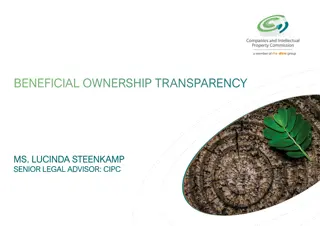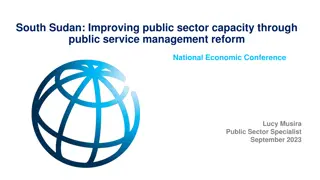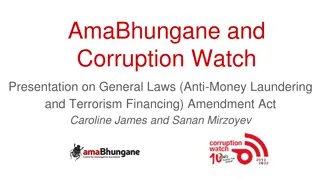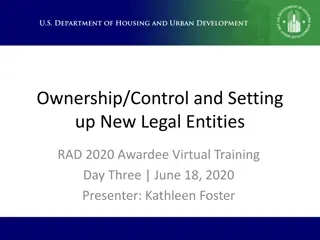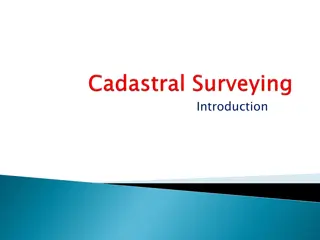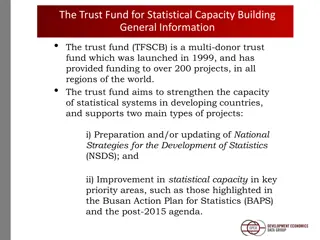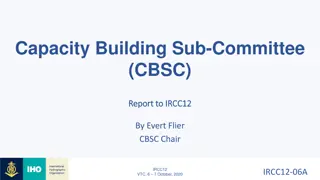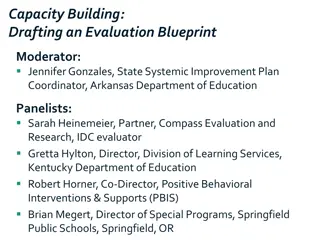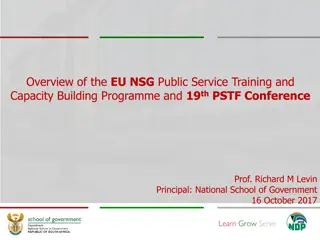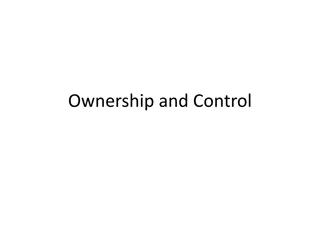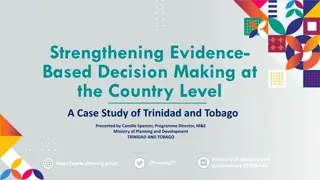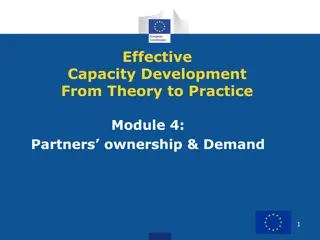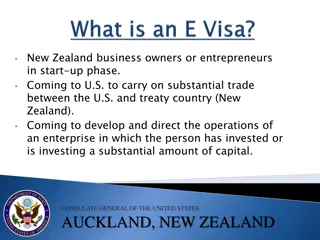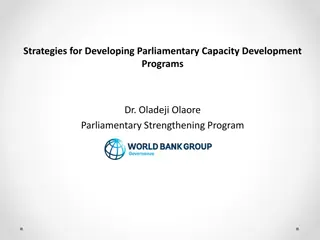Fostering Country Ownership through South-South Capacity Building
South-South capacity building can promote country ownership in tackling climate action challenges. Through the Open Space Design (OSD), participants will discuss examples, good practices, and challenges, fostering shared learning and informing the work of the PCCB. Join us to create an organic and emergent agenda!
Download Presentation

Please find below an Image/Link to download the presentation.
The content on the website is provided AS IS for your information and personal use only. It may not be sold, licensed, or shared on other websites without obtaining consent from the author.If you encounter any issues during the download, it is possible that the publisher has removed the file from their server.
You are allowed to download the files provided on this website for personal or commercial use, subject to the condition that they are used lawfully. All files are the property of their respective owners.
The content on the website is provided AS IS for your information and personal use only. It may not be sold, licensed, or shared on other websites without obtaining consent from the author.
E N D
Presentation Transcript
5th FOSTERING COUNTRY OWNERSHIP THROUGH SOUTH-SOUTH CAPACITY-BUILDING
PARIS COMMITTEE ON CAPACITY-BUILDING Paris Committee on Capacity-building
PCCB TECHNICAL PAPER ENHANCING THE OWNERSHIP OF DEVELOPING COUNTRIES OF BUILDING AND MAINTAINING CAPACITY FOR CLIMATE ACTION PCCB Technical paper
6TH UNFCCC CAPACITY-BUILDING TALK BUILDING CAPACITY FOR CLIMATE ACTION THROUGH SOUTH-SOUTH COOPERATION 6th Capacity-building Talk Recording and summary report
This South-South Capacities Day Event Event Theme Fostering country ownership through South-South capacity- building Event Objectives This event aims to gather, explore and discuss examples, good practice and challenges of fostering country ownership through South-South capacity-building. Through the applied Open Space Design (OSD), this event provides a space and platform for participants to create their own organic and emergent agenda related to the event theme. This event seeks to foster shared learning among participants and to directly inform the work of the PCCB, such as its annual recommendations to the COP and the CMA and its work at the regional level.
Open Space Design (OSD) OSD is participatory. It emphasizes talking with rather than talking at; sharing and engaging rather than show and tell. OSD features scheduled themes with the participants proposing topics for discussion that relate to that theme. OSD draws on the knowledge, experience, and curiosity of everyone in the room. No knowledge or field is privileged. OSD topic discussions are often like think tanks where topic participants can address matters of importance such as project ideas, interests and concerns, gaps and needs, proposed actions -- in a shared learning environment. Event Theme Fostering country ownership through South-South capacity- building
Open Space Design (OSD) Principles One. Whoever participates are the right people. Two. Whenever the discussion begins is the right time. Three. When it is over it is over. Four. Whatever happens is the only thing that could have happened. Five. People have MM (Motive to Move) - the freedom to move to another group if they are not learning and engaging
5th Join our community of stakeholders in the UNFCCC Capacity- building LinkedIn group We look forward to your submission to the PCCB call of tools and methodologies for assessing and addressing capacity gaps and needs related to accessing climate finance



